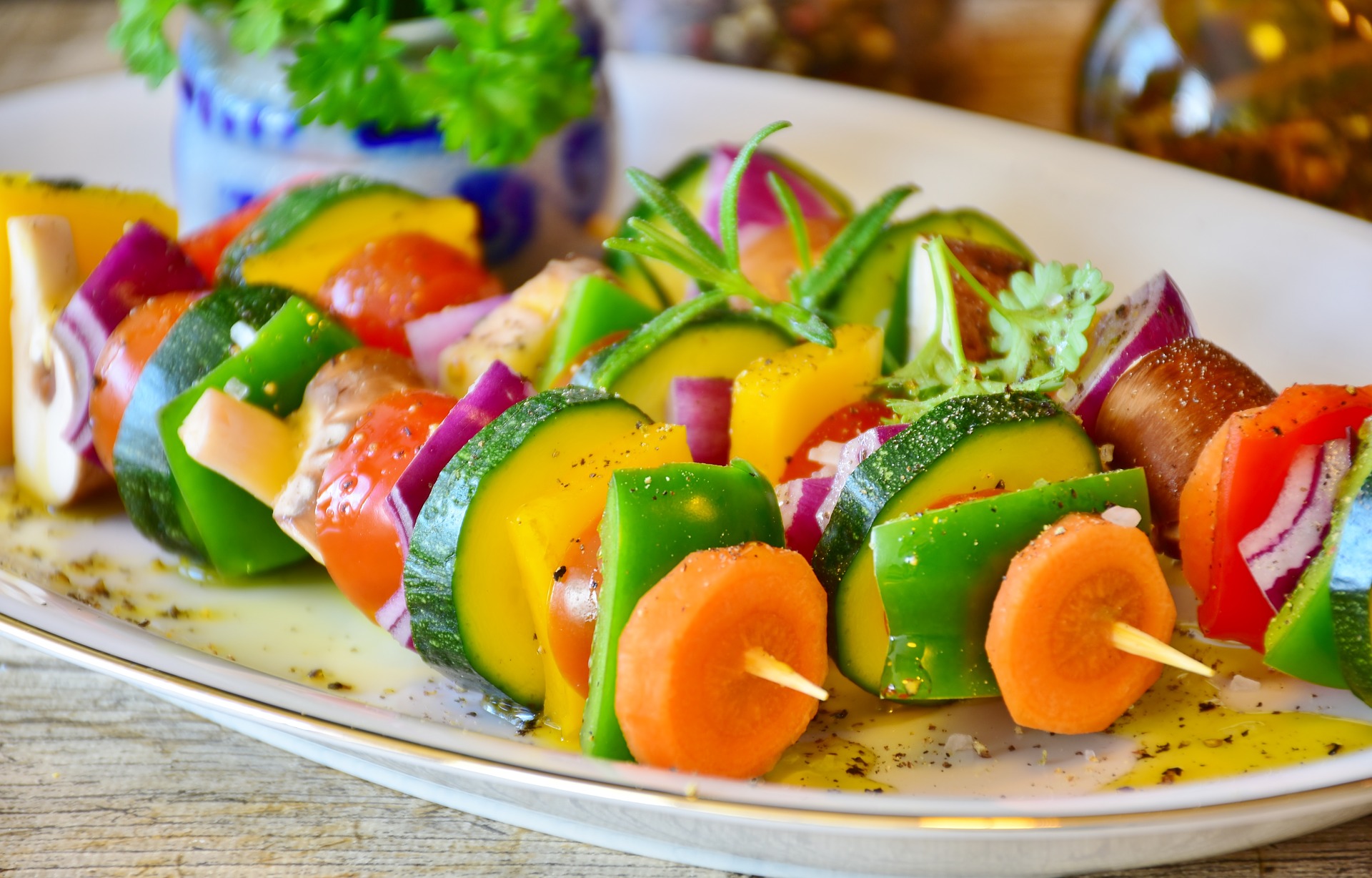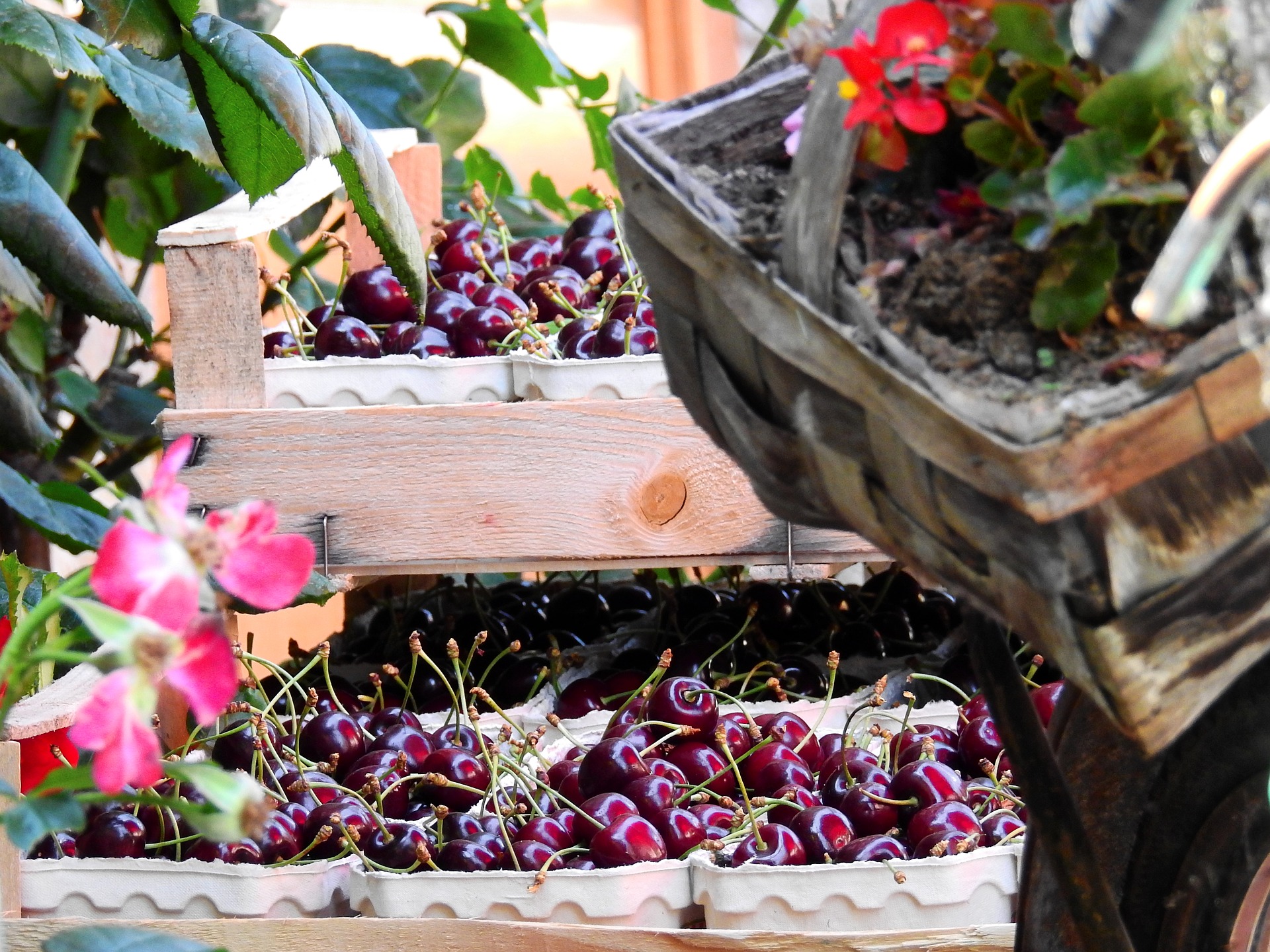 Media and social networks are no strangers to the fact that more and more people are opting for veganism and / or organic food. We are bombarded with distressing news about the environment. And we know more and more how certain animals are treated on factory farms: hens fattened with hormones to grow bigger, faster, crammed into henhouses that are often too small. Oxen whose growth is accelerated with feed enriched with antibiotics, which are intended to increase the profitability of industrial farms, without regard to animal welfare. The antibiotics and products these animals consume end up in the meat and eggs that we eat. Fruits and vegetables sprayed with fertilizers and chemical pesticides cannot help but retain some of these products once they reach our plate. Most people who buy organic products want assurance that food production is healthier, safer for the environment, purer and more natural.
Media and social networks are no strangers to the fact that more and more people are opting for veganism and / or organic food. We are bombarded with distressing news about the environment. And we know more and more how certain animals are treated on factory farms: hens fattened with hormones to grow bigger, faster, crammed into henhouses that are often too small. Oxen whose growth is accelerated with feed enriched with antibiotics, which are intended to increase the profitability of industrial farms, without regard to animal welfare. The antibiotics and products these animals consume end up in the meat and eggs that we eat. Fruits and vegetables sprayed with fertilizers and chemical pesticides cannot help but retain some of these products once they reach our plate. Most people who buy organic products want assurance that food production is healthier, safer for the environment, purer and more natural.
What is organic food? According to the commonly accepted definition, ”organic” foods are defined as foods that are not treated with pesticides, sewage sludge, ionizing radiation, or bioengineering (GMOs, or genetically modified organisms). However, food manufacturers can use pesticides derived from a natural source in organic foods. There are terms to be careful of, such as ’hormone free’ or ’natural’, which are often not regulated by law in some countries.
The United States Department of Agriculture (USDA) has created an “organic” certification. Foods bearing the seal must be harvested, grown, and processed in accordance with national standards that include restrictions on the amounts of hormones, pesticide residues and antibiotics. These standards can be viewed here: https://www.usda.gov/topics/organic. In Canada, the Canadian Food Inspection Agency also applies criteria to the use of names such as ”Organic”, ”Without hormones or antibiotics”, ”Natural”, ”Kosher” and others designations intended to inform the consumer. This information can be found here: https://www.inspection.gc.ca/food-label-requirements/labelling/industry/method-of-production-claims-on-food-labels/eng/1389379565794/1389380926083?chap = 0
Organic products: reality
A misconception about organic farming is that it does not use fertilizers, herbicides or pesticides. This is not always the case and even organic foods contain some form of fertilizer and pesticides (which are derived from natural products). Plant fertilizers, whether natural or chemical, are made up of the same three elements: nitrogen, phosphorus, and potassium, and these three elements are used in both organic and regular agriculture. Fertilizer is essentially a chemical nutrient, and the organic version of fertilizer (manure) provides the same load of nitrogen, phosphorus, and potassium as synthetic to grow plants. Some argue that organic produce tastes better than regular produce. They are also said to contain more nutrients. What is it really? So, is organic REALLY healthier?
The organization Quality Low Input Food (QLIF) conducted a five-year study on this topic and concluded that organically grown foods generally contain a higher level of nutrients than conventionally grown foods. They also found that organic foods contain less “bad” levels of pesticides, but QLIF says more studies need to be done before conclusive and conclusive evidence can be provided. A 2007 study by the University of Newcastle in the UK reported that organic produce contained up to 40 percent higher levels of certain nutrients (vitamin C, iron, and zinc) than conventional foods. Another study, conducted in 2003 by the Journal of Agricultural and Food Chemistry, found that organically grown corn and berries contained 58% more antioxidants, known to help prevent heart disease. Organic fruits contained up to 52% higher levels of vitamin C compared to those grown conventionally.
So, is organic food worth it?
Some experts say that if you can afford them, why do without it? Whether or not to eat organic is really a personal choice. But when it comes to non-organic processed foods, how can anyone say that substances like chemical pesticides, capable of killing insects, can be good for us? Others argue that there is little or no evidence that organic foods are superior to traditional foods. They go on to say that food does not have to be organic to be safe and environmentally friendly and recommend that people focus on eating food close to home, rather than on it. ‘they are from organic farming or not. Food can be organic, but if it has traveled half the planet before it reaches us, it leaves a much larger carbon footprint than traditional food that comes from next door. If people buy food from local farmers’ market, whether organic or not, there is much less impact on the environment. The ultimate is therefore to consume organic food from nearby farms.
However, many people simply cannot afford to buy organic foods because of the higher cost. What is important is to eat a healthy diet rich in fruits and vegetables. Always wash your fruits and vegetables well before eating them, regardless of whether they are organic or not, as this will help remove any residue. He even sells soaps specially designed for washing fruits and vegetables. The health benefits of eating healthy foods usually outweigh the disadvantages of pesticides if they are not organic fruits or vegetables. But when you have the choice, it is better to choose what is best for your health and the planet: organic!
